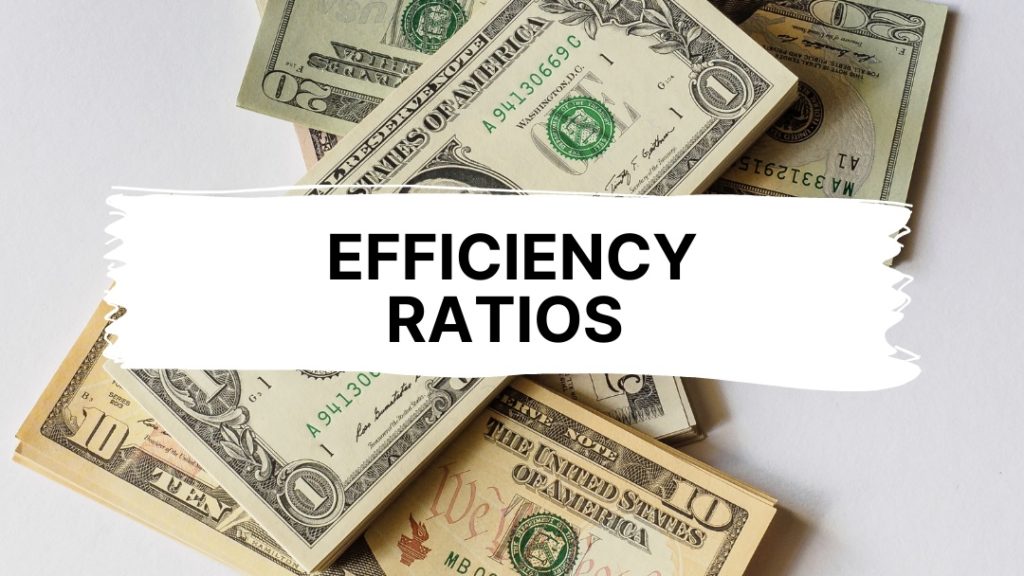Essential Guide to Burn Rate Management for Startups
Understanding the burn rate is crucial in the fast-paced world of startups, where every cedi matters. This metric measures how quickly a company spends its cash, serving as a financial fuel gauge for a young business. Burn rate refers to the speed at which a company spends its cash reserves or capital. It is a critical financial metric for startups and businesses to monitor because it indicates how long a company can sustain its operations before securing additional funding. The burn rate is usually expressed in terms of monthly expenditure. The concept of burn rate became particularly relevant with the rise of venture capital (VC) in the US in the 1950s and 1960s. VC firms funded high-risk, high-reward startups, primarily in technology sectors. These startups often operated at a loss in their initial stages, relying on investor funding to cover their expenses while they developed their products and scaled their operations. Burn Rate = Operating Expenses minus Revenue A positive burn rate indicates that a company is spending more cash than it is generating through revenue. This is common for startups in their initial stages, where they are investing heavily in growth initiatives like product development, marketing, and talent acquisition. UNDERSTANDING THE DIFFERENT TYPES OF BURN RATE There are two main ways to look at burn rate. Gross Burn Rate The Gross Burn Rate formula is: Gross Burn Rate = Total Cash Expenditure / Number of Months Gross Burn Rate is a fundamental financial metric that indicates the total amount of cash a company is spending or “burning” each month. It encompasses all operating expenses incurred by the company, irrespective of whether it generates any revenue during that period. The gross burn rate provides a comprehensive view of a company’s expenditure, including salaries, rent, utilities, marketing costs, research and development expenses, and other overheads. Analysing the gross burn rate is crucial for several reasons. It is a key indicator of a company’s financial health, highlighting whether it is spending its cash reserves rapidly. It can be sustainable if matched by significant revenue or unsustainable if revenue generation is insufficient. Investors closely scrutinise a company’s gross burn rate when evaluating investment opportunities. While a high burn rate might signal aggressive expansion or investment in growth opportunities, it could also raise concerns about the company’s ability to achieve profitability in the future. Monitoring gross burn rate enables companies to identify areas of excessive spending and implement cost-saving measures, optimising operational efficiency and reducing burn rate without compromising growth prospects. Net Burn Rate The Net Burn Rate formula is: Net Burn Rate = Total Monthly Cash Expenditure minus Total Monthly Cash Inflow Net Burn Rate provides a more nuanced understanding of a company’s financial position by considering revenue generation alongside expenditure. It represents the actual cash burn after deducting the total revenue or income generated by the company during a specific period. The net burn rate reveals a company’s true cash consumption, considering its ability to generate revenue. It indicates the extent to which external funding is required to sustain operations, reflecting the shortfall between expenses and income. Startups and growth-stage companies often aim to achieve a negative net burn rate, where revenue exceeds expenses, indicating self-sustainability. Analysing the net burn rate helps companies chart a path towards financial independence and profitability. Investors typically prefer companies with a clear plan to reduce their net burn rate over time. A decreasing net burn rate demonstrates financial discipline and progress towards sustainable growth, enhancing investor confidence and valuation. Example If a company spends GHS10,000 per month (total monthly cash expenditure) and generates GHS3000 in revenue (total monthly cash inflow), the gross burn rate is GHs 10,000, and the net burn rate is GHS7000. BURN RATE AS A TOOL FOR DECISION-MAKING Burn rate is a vital tool for both startups and investors: For Startups: Burn rate helps founders understand their financial runway and the estimated time they can operate with their current cash reserves. This allows them to make informed decisions regarding resource allocation, fundraising strategies, and prioritising spending. By monitoring and potentially optimising their burn rate, startups can extend their runway and increase their chances of success. For Investors: Investors use burn rate to assess a startup’s financial health and efficiency. A high burn rate with minimal revenue generation can be a red flag, indicating a potential cash flow problem. However, investors also consider the industry, growth stage, and business model when evaluating the burn rate. FACTORS AFFECTING BURN RATE Several factors can influence a startup’s burn rate. Industry: Industry plays a significant role in determining a company’s burn rate, as different sectors entail varying inherent costs and financial dynamics. For instance, tech startups with high research and development requirements may naturally exhibit a higher burn rate compared to service-based startups. The need for extensive investment in technology infrastructure, talent acquisition, and innovation often results in substantial upfront expenditures for tech companies. Conversely, service-based startups may have lower initial capital requirements, as they typically rely on human capital and existing resources rather than costly technology development. Understanding the industry-specific factors influencing burn rate is crucial for investors and entrepreneurs alike, as it allows for more accurate financial projections and risk assessments. Growth Stage: In the growth stage of a company, particularly in early-stage startups with limited revenue, the burn rate tends to be higher compared to established startups with a more developed customer base. This is primarily because early-stage startups often prioritise aggressive expansion and investment in product development, marketing, and talent acquisition to capture market share and fuel growth. With limited revenue streams, these companies rely heavily on external funding, leading to a higher burn rate as they ramp up their operations. As startups progress and gain traction in the market, their revenue streams become more diversified and sustainable, allowing them to mitigate their burn rate over time. Established startups with a solid customer base can leverage their market position to generate consistent revenue, reducing their dependency on external funding and achieving a lower burn rate. This transition from a high to a lower burn rate signifies the maturation of a
Essential Guide to Burn Rate Management for Startups Read More »




